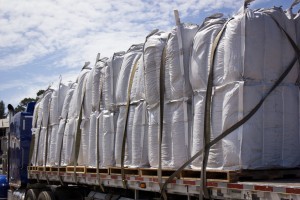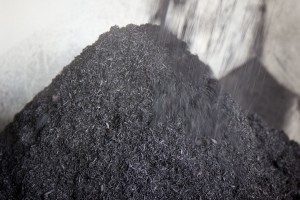“The importance of soil carbon — how it is leached from the earth and how that process can be reversed — is the subject of intensifying scientific investigation, with important implications for the effort to slow the rapid rise of carbon dioxide in the atmosphere. Scientists say that more carbon resides in soil than in the atmosphere and all plant life combined; there are 2,500 billion tons of carbon in soil, compared with 800 billion tons in the atmosphere and 560 billion tons in plant and animal life. And compared to many proposed geoengineering fixes, storing carbon in soil is simple: It’s a matter of returning carbon where it belongs.†Rattan Lal, director of Ohio State University’s Carbon Management and Sequestration Center, has also commented on this issue, saying:9 “The top priorities are restoring degraded and eroded lands, as well as avoiding deforestation and the farming of peatlands, which are a major reservoir of carbon and are easily decomposed upon drainage and cultivation … Bringing carbon back into soils has to be done not only to offset fossil fuels, but also to feed our growing global population. We cannot feed people if soil is degraded.†Source: https://articles.mercola.com/sites/articles/archive/2018/10/06/carbon-sequestration-biochar-for-soil-health.aspxMany scientists say that regenerative agricultural practices can turn back the carbon clock, reducing atmospheric CO2 while also boosting soil productivity and increasing its resilience to floods, pests and drought. According to Yale:8
From Dr. Mercola’s recent article on biochar…




